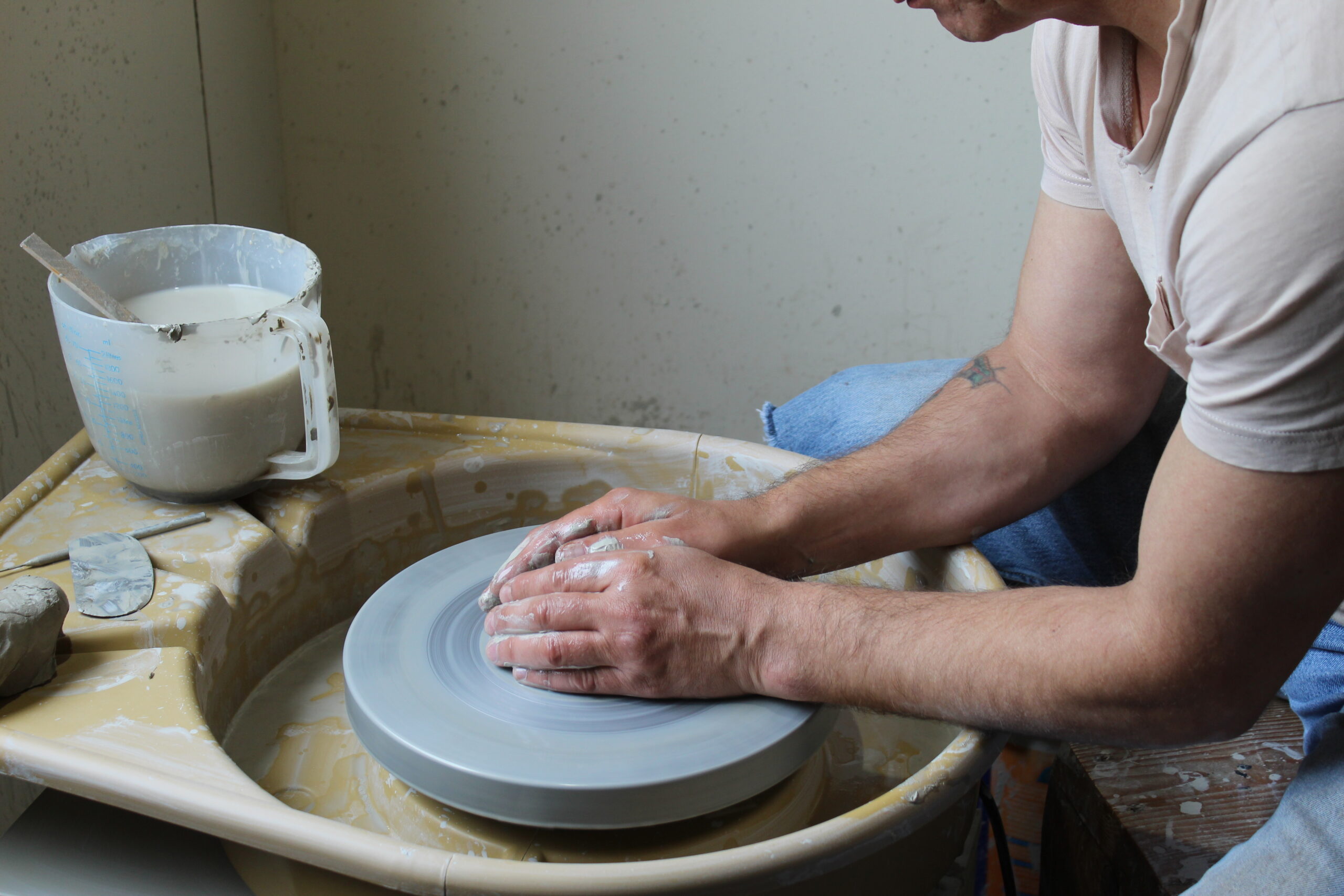On release into the community after punishment, people with criminal records remain one of the most vilified, marginalised and socially excluded groups. This is particularly felt and enacted on release from prison, yet limited attention is paid to the lived experience of the ‘pains of release’ and a neglect of narratives from former prisoners. ‘Finishing Time’ is a two-year project (2018-2020) funded by a discretionary grant from the Independent Social Research Foundation (ISRF), that aims to explore the lived experience of re/integration into the community after punishment.
To date through a series of in-depth interviews ten men have mapped their desistance journeys using images, photographs and timelines to help organise their memories and encourage a temporal sense of how their lives may have changed. These interviews produced pertinent themes, particularly for those more recently released who documented a sense of isolation and feelings of fear and shame. Follwing one element of the Voice Centred Relational Method (VCRM) from Mauthner and Doucet (1998), i-Poems from the interview transcripts were created in order to give authenticity to the voices of those participating in the research .
Following this method, ‘i-poems’ highlight the ‘I’, ‘we’ and ‘you’ statements as they appear in the narratives. These become commanding statements of intent that prioritise the voice of the narrator. The power of these i-poems is further intensified when it is the voice of the original speaker that is heard. These audio files have been used to produce short films created with additional elements such as their timelines, photographs and some artistic videography interpretations. In an attempt to give voice to one of the most vilified and marginalised social groups, the research has become a process of making and unmaking, organising and arranging a kind of temporal bricolage that reveals alternative narratives of re/integration. Instead of revealing criminalised people as risky and transgressive, there is vulnerability and resilience.
References:
Mauthner, M. and Doucet, A. (1998) Reflections on a Voice Centred Relational Method in Ribbens, J. and Edwards, R. (eds) Feminist Dilemmas in Qualitative Research, London: Sage
Acknowledgements:
Many thanks to all of those who participated in this research, sharing their stories, timelines and photographs. Thanks also to the BSc (Hons) Sociology students from the University of Plymouth who volunteered at LandWorks, notably Chloe Pettit, Rosie Culyer and Daniela Chivers. Thanks to Daniela too for her help with Quentin’s i-poem film and for her photographs.




